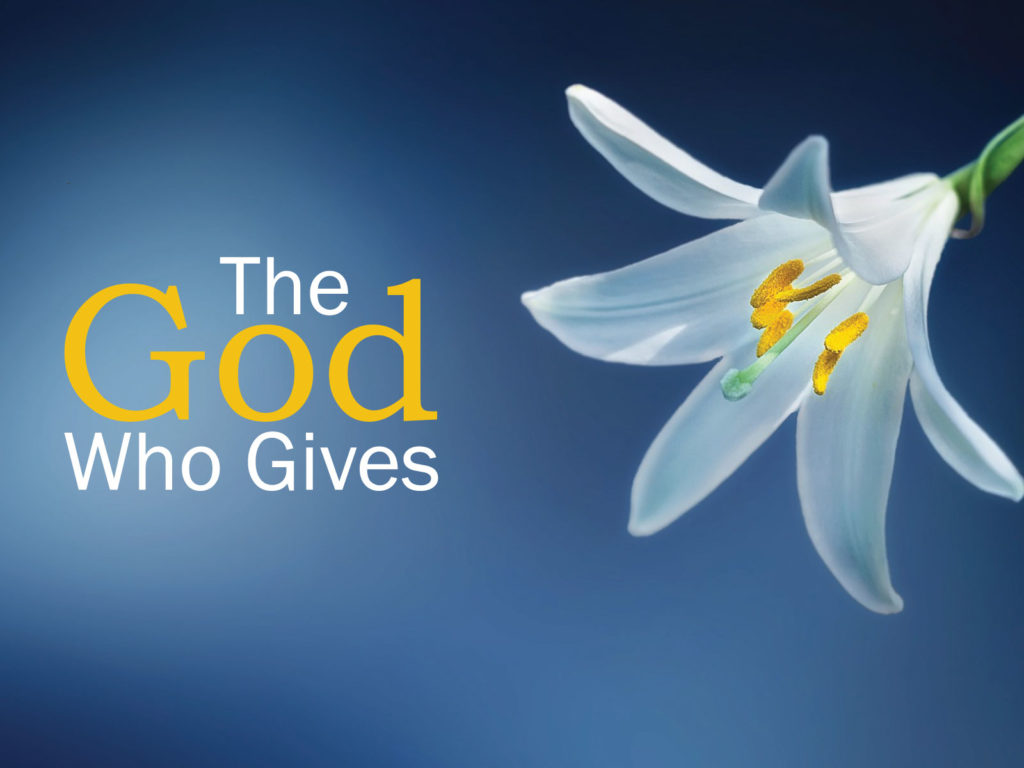For from him and through him and to him are all things.
Paul’s epistle to the Romans is the most complete single explanation of the gospel in the Bible. By the time we reach the end of chapter 11 we have read about the comprehensive nature and consequences of sin, the gospel as the vindication of God’s righteousness, the imputation of Adam’s sin and Christ’s righteousness, the substitutionary atonement of Christ, God’s sovereign election, the necessity to respond in faith, and sanctification. After writing such a wealth of glorious doctrine Paul ends chapter 11 with a doxology (vv. 33-36):
Oh, the depth of the riches and wisdom and knowledge of God! How unsearchable are his judgments and how inscrutable his ways.
“For who has known the mind of the Lord,
or who has been his counselor?”
“Or who has given a gift to him
that he might be repaid?”
For from him and through him and to him are all things. To him be glory forever. Amen.
Paul begins his doxology with an acknowledgement of God’s fundamental “otherness.” That is, God is not like us to the extent that he is “inscrutable,” which means that he is beyond our understanding. Whatever we know about God we know because he has chosen to reveal it to us in his works and his word. Paul then asks three rhetorical questions: Who has known the mind of the Lord? Who has been his counselor? and Who has given him a gift that he might be repaid? These questions are meant, at least in part, to establish God’s radical independence. He is never in need of his creation. He does not exist in a give-and-take relationship with anything in creation.
What follows, then, is a three-fold statement concerning the nature of God’s ownership of all things. God’s ownership can be understood as a cycle wherein all things come from God, are sustained through God, and will be returned to God. In this one doxological statement we are given a window into the purpose of all things. Nothing in all creation is excluded from this flow of Divine ownership.
It is clear from Paul’s description, that God’s ownership is dynamic rather than static. That is, there is movement to the way in which God owns which separates his kind of ownership from that which we see in the rest of creation. Remember, in verses 33-35 Paul has already established the otherness of God. This otherness is seen not only in God’s essence but in his acts, including his acts of ownership. The ownership of God over all things in creation is a life-giving movement out of which all things are from, through, and, ultimately, to Him.
That God is the owner of all things certainly implies a confrontation with our own assumptions concerning ownership. Our money, our family and friends, our time, our reputation, and our very lives are not our own but belong to God. This knowledge must inform how we think about and use our lives and resources. But we will also see that God’s ownership of all things is a blessed gift which actually serves to maximize our joy. Indeed, we will see how God’s ownership of our lives and resources enrich us.
More From This Series

The God Who Gives
- The God Who Gives: Part 10 The Gift of Weakness 03/17/19
- The God Who Gives: Part 9 Excel in This Grace (3) 03/10/19
- The God Who Gives: Part 8 Excel in This Grace (2) 03/03/19
- The God Who Gives: Part 7 Excel in This Grace (1) 02/24/19
- The God Who Gives: Part 6 Walking with Jesus in the Way of the Cross 02/17/19